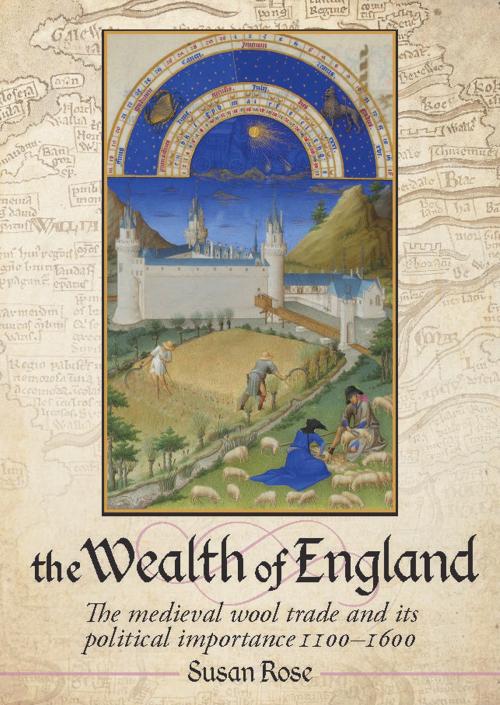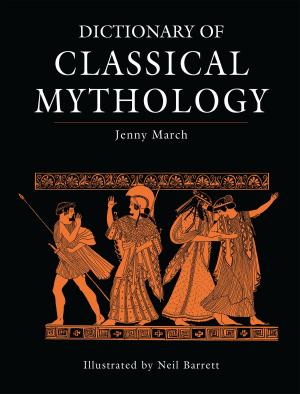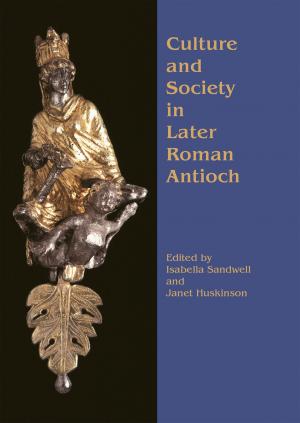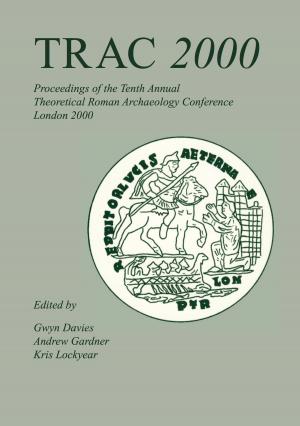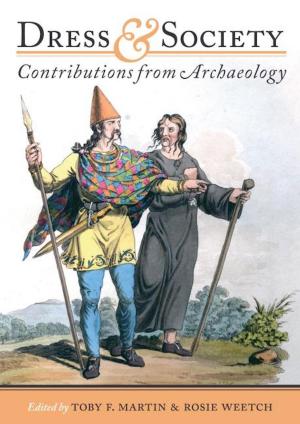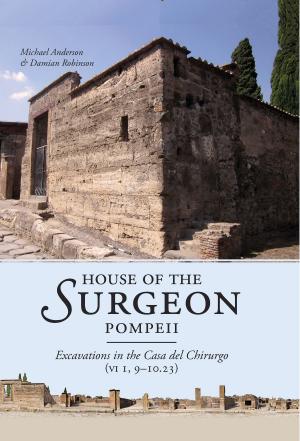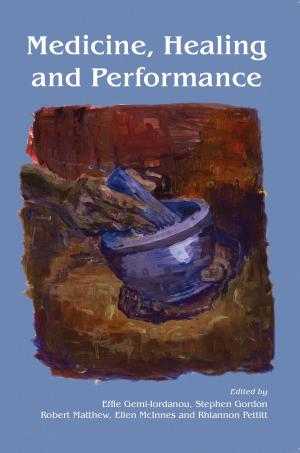The Wealth of England
The Medieval Wool trade and Its Political Importance 1100–1600
Nonfiction, History, Medieval, European General| Author: | Susan Rose | ISBN: | 9781785707377 |
| Publisher: | Oxbow Books | Publication: | November 30, 2017 |
| Imprint: | Oxbow Books | Language: | English |
| Author: | Susan Rose |
| ISBN: | 9781785707377 |
| Publisher: | Oxbow Books |
| Publication: | November 30, 2017 |
| Imprint: | Oxbow Books |
| Language: | English |
The wool trade was undoubtedly one of the most important elements of the British economy throughout the medieval period - even the seat occupied by the speaker of the House of lords rests on a woolsack. In The Wealth of England Susan Rose brings together the social, economic and political strands in the development of the wool trade and show how and why it became so important. The author looks at the lives of prominent wool-men; gentry who based their wealth on producing this commodity like the Stonors in the Chilterns, canny middlemen who rose to prominence in the City of London like Nicholas Brembre and Richard (Dick) Whittington, and men who acquired wealth and influence like William de la Pole of Hull. She examines how the wealth made by these and other wool-men transformed the appearance of the leading centres of the trade with magnificent churches and other buildings. The export of wool also gave England links with Italian trading cities at the very time that the Renaissance was transforming cultural life. The complex operation of the trade is also explained with the role of the Staple at Calais to the fore leading to a discussion on the way the policy of English kings, especially in the fourteenth century, was heavily influenced by trade in this one commodity. No other book has treated this subject holistically with its influence on the course of English history made plain.
Susan Rose presents a fascinating new exposition on the role of the wool trade in the economy and political history of medieval England. She shows how this simple product created wealth and status among men of hugely varying backgrounds, transformed market towns both economically and in architectural terms and contributed to fundamental social and cultural changes through trading links with Italy and other European countries at the height of the Renaissance
The wool trade was undoubtedly one of the most important elements of the British economy throughout the medieval period - even the seat occupied by the speaker of the House of lords rests on a woolsack. In The Wealth of England Susan Rose brings together the social, economic and political strands in the development of the wool trade and show how and why it became so important. The author looks at the lives of prominent wool-men; gentry who based their wealth on producing this commodity like the Stonors in the Chilterns, canny middlemen who rose to prominence in the City of London like Nicholas Brembre and Richard (Dick) Whittington, and men who acquired wealth and influence like William de la Pole of Hull. She examines how the wealth made by these and other wool-men transformed the appearance of the leading centres of the trade with magnificent churches and other buildings. The export of wool also gave England links with Italian trading cities at the very time that the Renaissance was transforming cultural life. The complex operation of the trade is also explained with the role of the Staple at Calais to the fore leading to a discussion on the way the policy of English kings, especially in the fourteenth century, was heavily influenced by trade in this one commodity. No other book has treated this subject holistically with its influence on the course of English history made plain.
Susan Rose presents a fascinating new exposition on the role of the wool trade in the economy and political history of medieval England. She shows how this simple product created wealth and status among men of hugely varying backgrounds, transformed market towns both economically and in architectural terms and contributed to fundamental social and cultural changes through trading links with Italy and other European countries at the height of the Renaissance
